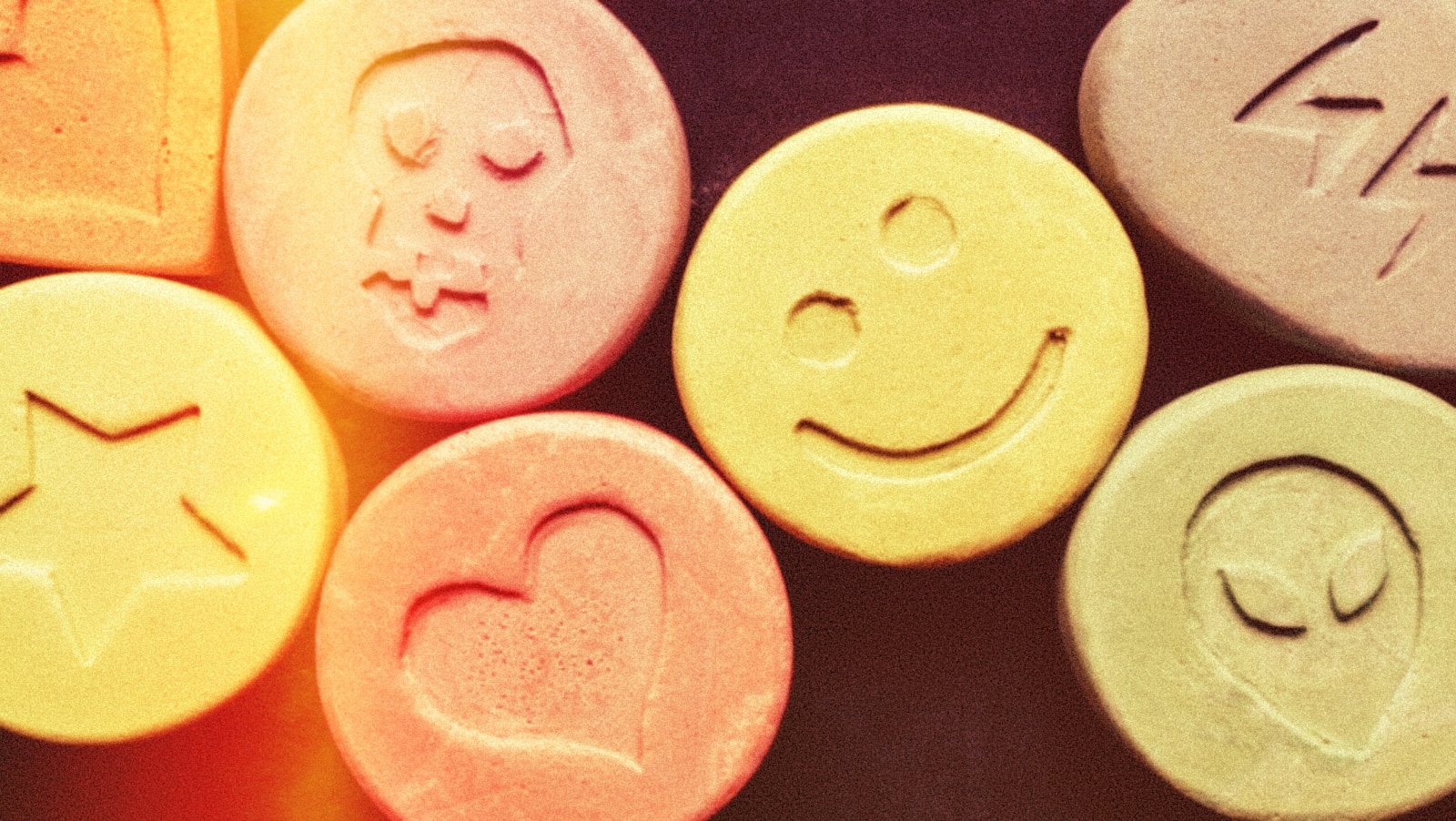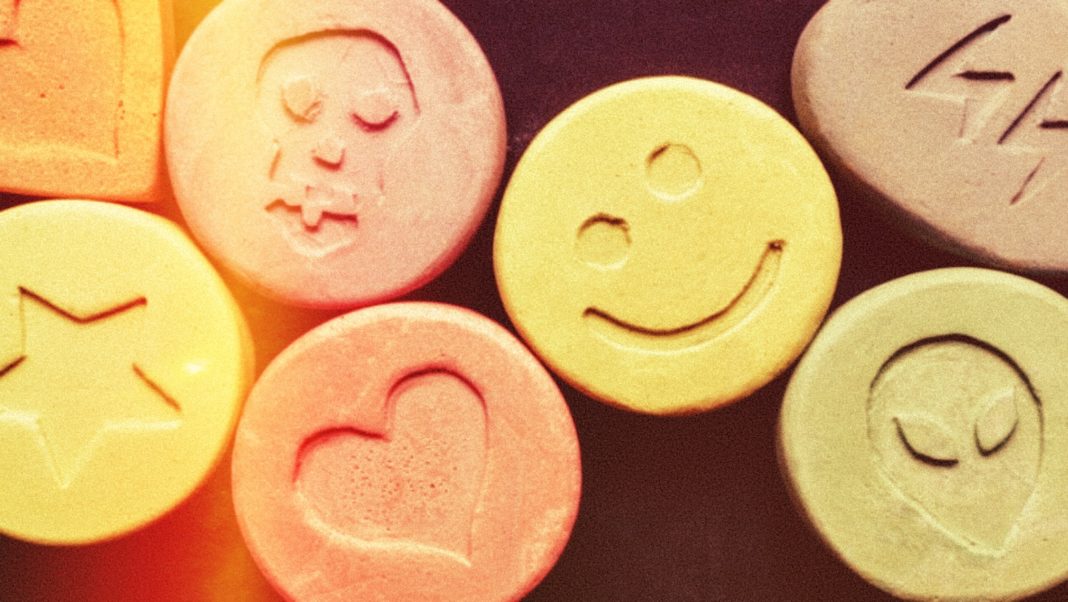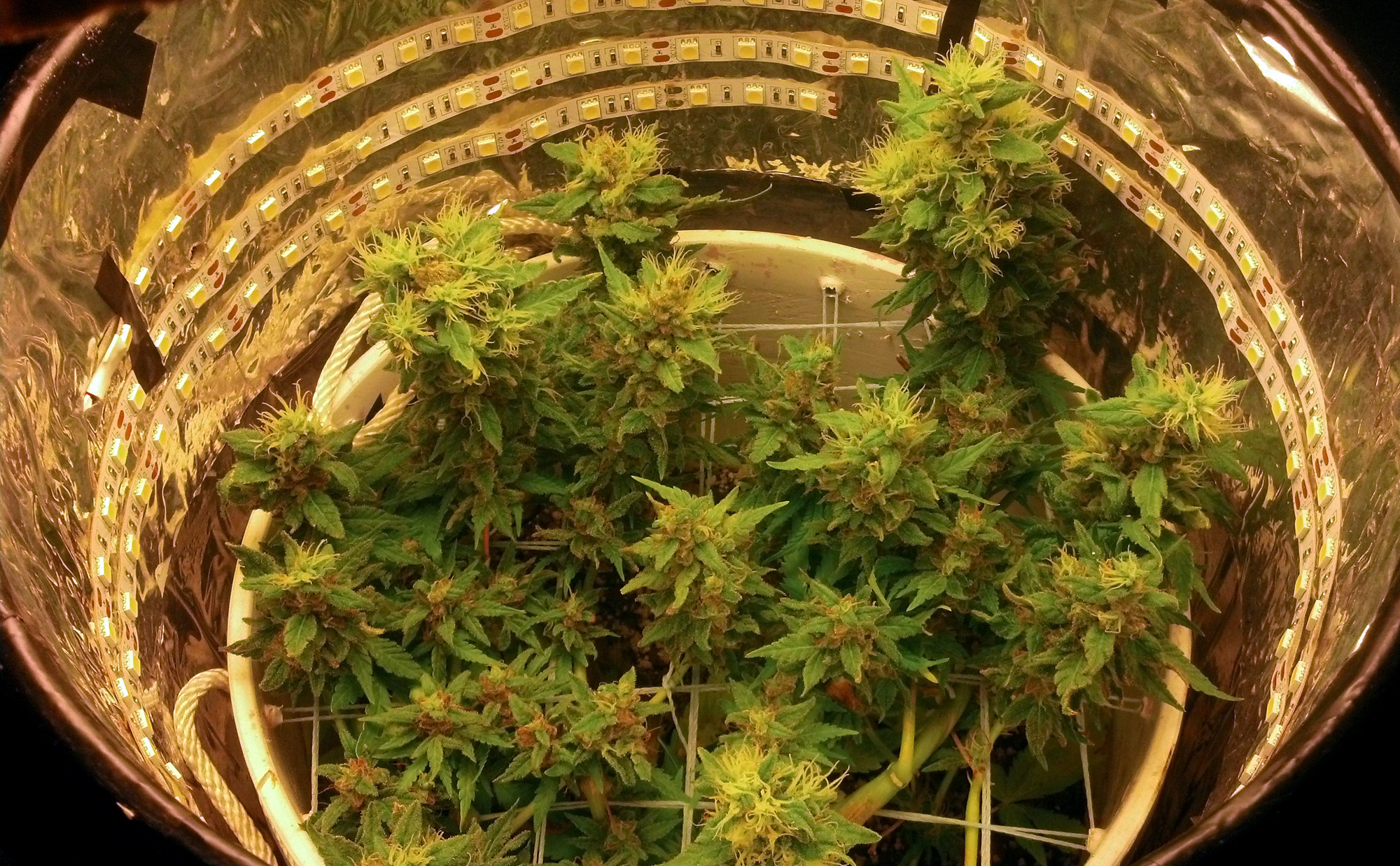
Although the change in stigma around psychedelics is coming on the coat-tails of marijuana’s reformation, it seems to be happening at a much faster pace.
This is mainly due to the research coming out that strongly backs its effectiveness.
Most recently, a study posted today in Nature Medicine shows strong results for MDMA along with talk therapy combatting post-traumatic stress disorder. What sets this study apart is its rigorous environment and the clear distinction between placebo results and the results of the drug.
More and more studies are coming out showing the positive results from psilocybin-assisted depression therapy. As long as these all continue to rack up, we’ll be seeing a huge flip of public perception within the coming decade.
According to a CNBC article, 7% of Americans suffer from depression, and 1% have a resistance to treatment (the article is unclear if this one percent is of the seven percent or of total Americans). It’s an expensive problem to have, from drug costs to hospitalizations, and one that has only compounded during Covid.
The silver-lining is that our problem with depression is now more out in the open, allowing conversations about psychedelics to be more and more prevalent.
As for now, the discussion is based solely around treatment. LSD, mushrooms, and MDMA among others have vast capabilities, but therapy and treatment are the best ways toward credibility.
As for business models, it’s the Wild West.
“It’s not chronic medicine, which as a business model is reasonably predictable and a great business model. It remains to be seen how this business model works, but … if we only need treatment for depression twice a year to be in remission that is a thousand times better than anything we can offer today, and PTSD has no approved drug. It’s not like a crapshoot anymore,” says Elemer Piros, a biotech analyst covering the alternative mental health treatment space.
Pricing of such treatment will be high at first, up to $20,000. But as long as the stigma and heat around the alternative treatment continues to lower, so will the cost.
Read the original story at CNBC.















